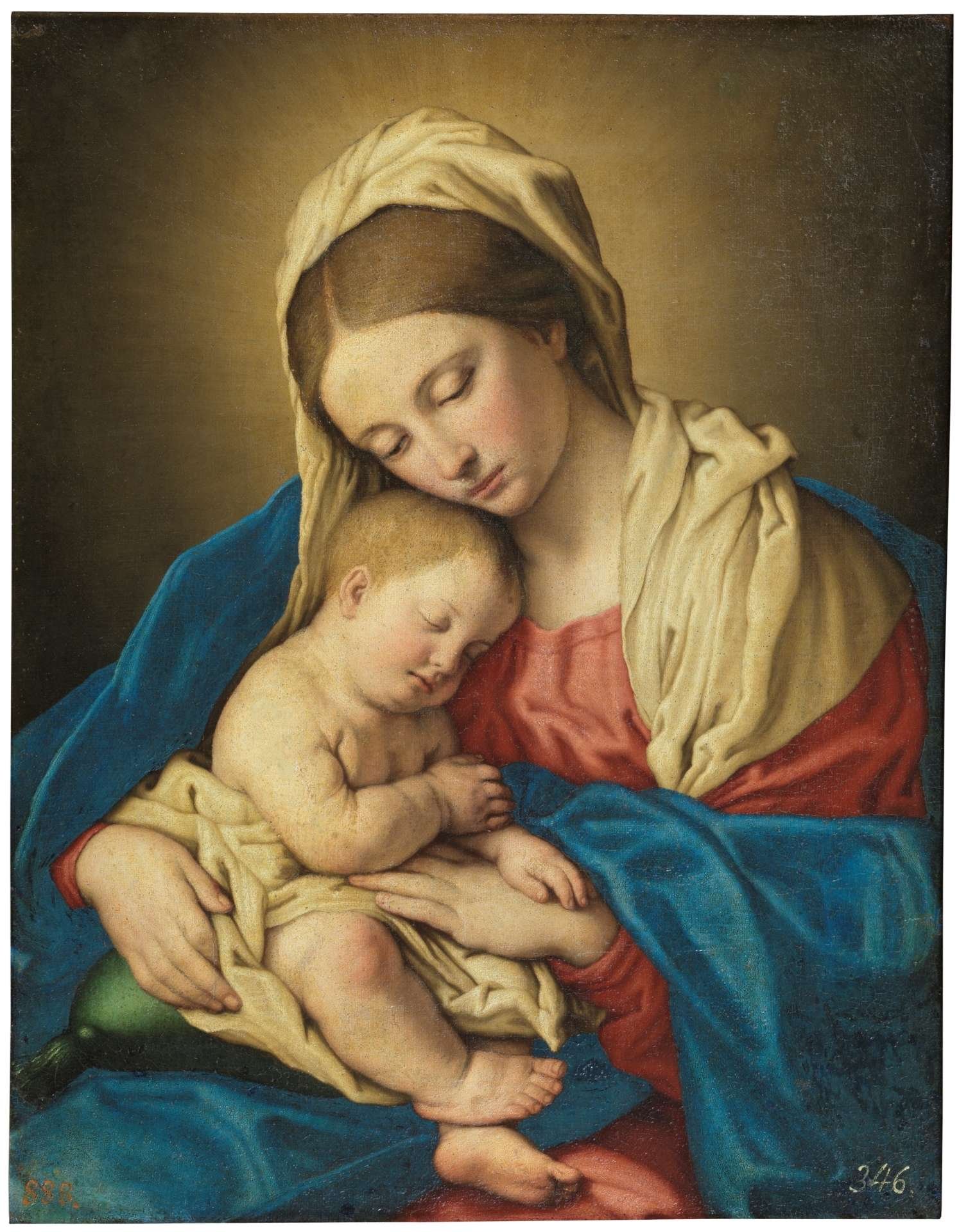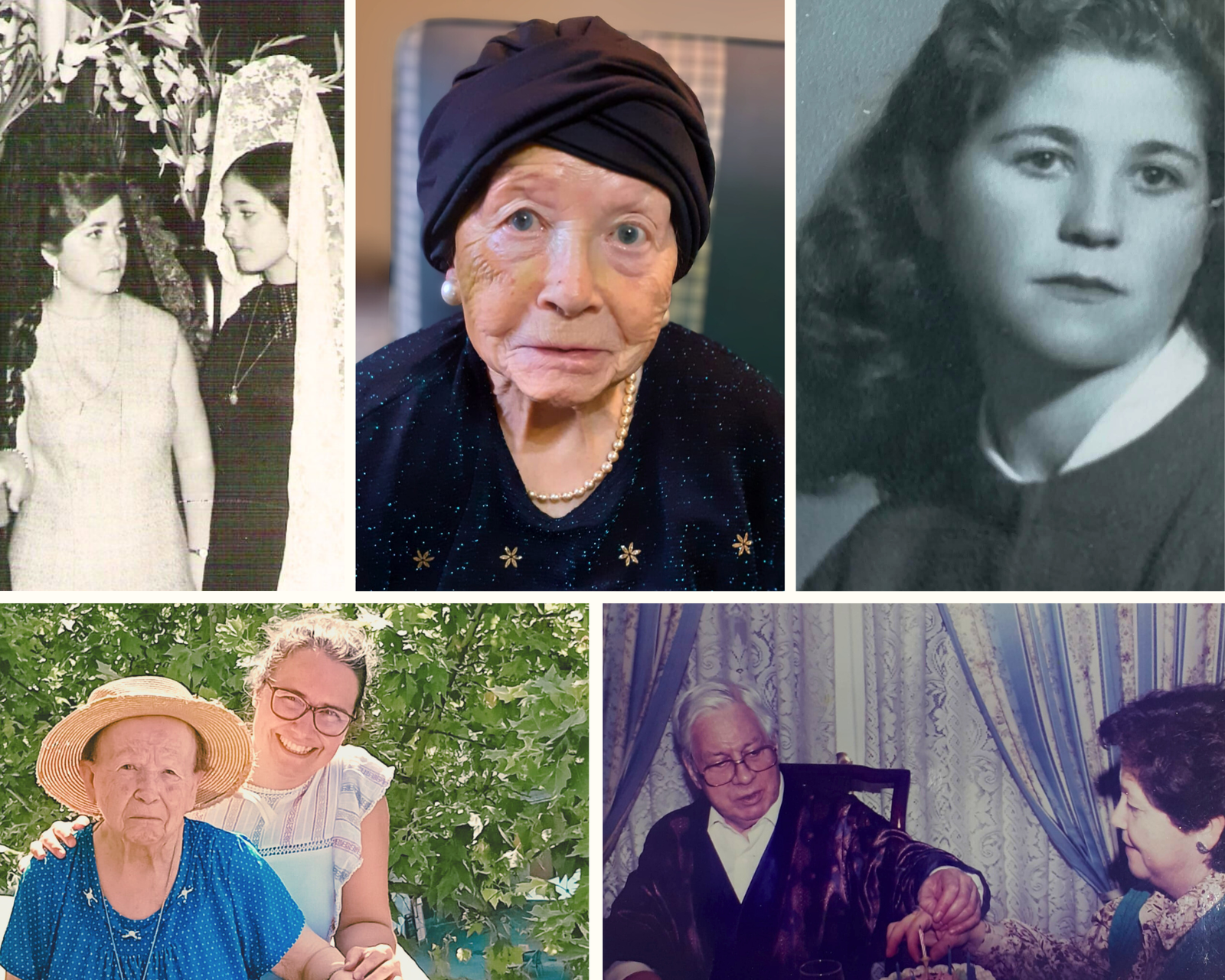
Sir Isaac Newton, the British scientist who formulated the laws of motion and of gravity, was remarkably humble as his life slipped away: I don’t know what I may seem to the world, he said….But as to myself I seem to have been only like a boy playing on the seashore and diverting myself now and then in finding a smoother pebble or a prettier shell than the ordinary, whilst the great ocean of truth lay all undiscovered before me. As might be expected, he was referring to his search for truth, the task that filled his life. In a different and bitter tone, a well-known artist who recently passed away was reported to say when he was dying: So much wasted time. Finally, Richard Feynman, the famous physicist, in a more humorous tone, in his last moments said: I would hate to die twice. It is so boring.
Regardless of their beliefs, achievements, temperament and moral life, the conclusion is the same: For better or for worse, our life is not in our hands. Of course, this can be interpreted in many ways:
– Life is meaningless. The conclusion is impotence, pain and frustration.
– It is too late to reverse time and I made too many mistakes.
– I am really afraid about future; I will lose those that I love and the best things in my life.
– I am relieved that I am not alone.
…and so on.
In the case of Mother Mary, she had not to wait for the end of her life or the coming of some horrible crisis to reach that conclusion. Her humility contradicts the arrogance and lie of self-sufficiency that since the Garden thoroughly plagues our life as we see vividly today.
In fact, we know that true humility is not just a judgment or a view about myself, but a healthy openness to our true nature, a nature which possesses the essential capacity of having positive and incrementative experience of all of the values and virtues, independently race, culture, religion, and even, lack of faith (Mystical Conception of Anthropology).
Indeed, this is a universal experience, already reflected in the Old Testament in many forms, for instance, as an active and permanent of God’s guiding presence: Whether you turn to right or left, your ears will hear these words behind you, ‘This is the way, follow it’ (Isaiah).
Mary’s “yes” meant full acceptance of cooperating with God’s plan. It is the “yes” that comes from faith and becomes hope, the confident trusting of God’s will. And that is precisely what we often lack: full acceptance of God’s will. Mary’s response is an act of abandonment into the hands of God, an act that is only possible from a full trust in our Heavenly Father and His plan of salvation. This is something we have to be reminded of through the Eucharist, the Gospel and trough continuous prayer. But also through the inspired wisdom and the testimony of other people:
There was once an honest and well-known rabbi in Israel. It was the custom of the rich to keep watchmen to guard their village houses at night. One evening when the Rabbi went out for a walk, he met with one of those guards in front of a house walking back and forth. Rabbi asked him: For whom do you work? The guard replied with the name of the owner and listed his duties. The guard then inquired: For whom do you work, Rabbi? The words of the guard struck the Rabbi’s heart. The Rabbi later returned and asked the guard: Will you come and work for me? The guard agreed and inquired about his duties. The Rabbi answered quietly: Just one, to keep reminding me of that question.
Mary received her faith through the lives of her two saint parents, Anne and Joachim. Faith is God’s gift to us through the people and relationships that form our character and identity; the little flame of our faith remains alive thanks to the subtle effect of the testimony of people who are living holy lives, i.e. those who are saints, whether officially or not. This our task as missionaries: to encourage others is to lift them up, to inspire them, to reinforce the good qualities we see in them. In giving hope and life to others, we too will be filled with the joy of the gospel. This is what our father Founder calls the virtue of honor, the most appropriate form of charity for the true apostle. To encourage also means to challenge others to be the best persons they can be, to be the kind of people God wants them to be; we would do well to always ask ourselves what we can give up in order to help and enrich others by our own poverty.
Do not even think that this is possible with your goodwill, your experience and your knowledge: Abnegation is the cornerstone, the decisive condition to be entrusted with this mission. Only when we become aware that abnegation is a road, and we have to start with concrete and specific matters of our because that little thing in your heart, coming from God, what is doable and within reach today, will not be there tomorrow. Our greatest regrets at the end of our lives will be the opportunities of loving our neighbor we left on the table. Our father Founder describes clearly the road to Abnegation: Firstly, we have to acknowledge and to pay attention to our Dominant Defect, which is manifested in the harsh impression we leave on our neighbor or a poor attention to the suffering and the dreams of our fellowmen:
We played the flute for you, but you did not dance, we sang a dirge but you did not mourn (Mt 11).
Secondly, we have to be more conscious of our attachment to the world, which is reflected in a blind and a strong addiction to our opinions, desires and our instinct or happiness.
Have you noticed how ferociously we defend our opinions? It is instinctive and often we do not realize we are doing so. If we could see that our opinions are a response of our past to the present, and so must be limited, would we still be attached to that opinion? It does not matter whether the subject is trivial like what TV program to watch or more serious like a decision regarding the education of children or the organization of an Idente Youth activity. Are we attached to our opinions because they emerge from our minds, and we identify ourselves with everything we think? if our opinion is challenged, we can feel as if someone is attacking us and that triggers the fight or flight response. Regarding our desires and whims, please pay attention to this insightful remark of Michael Faraday; yes, the famous British scientist: The force of the temptation which urges us to seek for such evidence and appearances as are in favor of our desires, and to disregard those which oppose them, is wonderfully great. In this respect we are all, more or less, active promoters of error. In place of practicing wholesome self-abnegation, we ever make the wish the father to the thought: we receive as friendly that which agrees with, we resist with dislike that which opposes us; whereas the very reverse is required by every dictate of common sense.
In his Mystical Conception of Anthropology, our father Founder vividly describes some of our attitudes arising from our lack of abnegation:
a) The pharisaic attitude, which is of the one who characterizes himself by verbal incontinence. The persons who incur in this attitude begin to speak and in the measure that the conversation progresses, the center and the topic is complacency with themselves or from themselves. Example of this attitude is found in the Pharisee that gave thanks to God and compared himself with the publican, believing himself, to be better than he.
b) The Nicodemic attitude, which is of the one who attempts to justify the superficiality of his faith; he finds it difficult to give public witness and, when he does he does it hiding, without commitment and even attempts to conceal it. This is the person who lives from curiosity with the inclination of satisfying himself with an easy or effortless religiosity. This is the attitude of the one who, in uncomfortable situations or where fame is at play, is capable of being ashamed of God or of religion.
c) The attitude of Pilate, which is of the one who in front of an unjust situation washes his hands by looking to the other side. It is the posture of those who lack honor, do not defend the weak or innocent, and do not defend God. These persons allow, overcome by fear, every criticism levied against believers, the Church, and religion. There are weak in their arguments because of their lack of conviction. There are unwilling to face a situation in defense of the weak.
d) The attitude of Peter, which is of the one who is easily aroused, has illusion, resolve, but is superficial in his lived experiences At the first sight of trouble, the persons who have this attitude easily give up out of fear and due to their attachment to fame, because of the effort supposed by a commitment or because an unfavorable situation is presented in which there is personal risk.
e) The attitude of Judas, which is of the one who has a propensity toward treason, toward infidelity, toward failing commitments that have been made, toward being ashamed of his condition as a believer or one who criticizes it with the aim of looking good in the face of others. When something does not occur as these persons think, or they do not have success in what they propose to do, because they have themselves as the point of reference, they incur in the pernicious attitude of desperation that can easily lead them to abandon the faith or the belief in God.
But we are disciples, we are always learning, therefore, first let us learn how to carry the small crosses in small things, especially in the inconveniences and frictions of family and community life. We will shortly see that this is not just an “initial step”…
Let us be realistic: there will be always something interfering with our intention to live that generous first “yes”. Living out the “yes” at every moment of our life is very daunting and challenging or better said, impossible. That is why unquestionably we need faith in order to do the will of God. Mary shows us what faith in God is all about: a confidence to believe in the impossible. Faith means to allow God’s grace to work on us in our lives. Do we want help? Are we receptive to His help? In other words, we must allow the Lord to enter into our lives. This requires humility on our part by levelling off the mountain of our ego and filling with ever new generous deeds the valley of our lives.
Mary did not understand how the carrying out of what the angel announced was possible; but she believed the words of the angel: For God nothing is impossible. The angel does not give reasons to convince Mary; he invited her to contemplate the work of God by way of the example of her cousin Elizabeth who had conceived in her old age. Mary understands that she is before the unfathomable mystery of God and trusts the word of the Lord’s messenger. Let us take heart by listening to those inspiring testimonies of how God has worked in peoples’ lives. This is why we read the lives of the Saints and we should listen carefully to the testimony of our brothers in the Ascetical-Mystical Examination.
Allow me to conclude with this observation of Pope Francis: Let us not forget that real poverty hurts: no self-denial is real without this dimension of penance. I distrust a charity that costs nothing and does not hurt…












